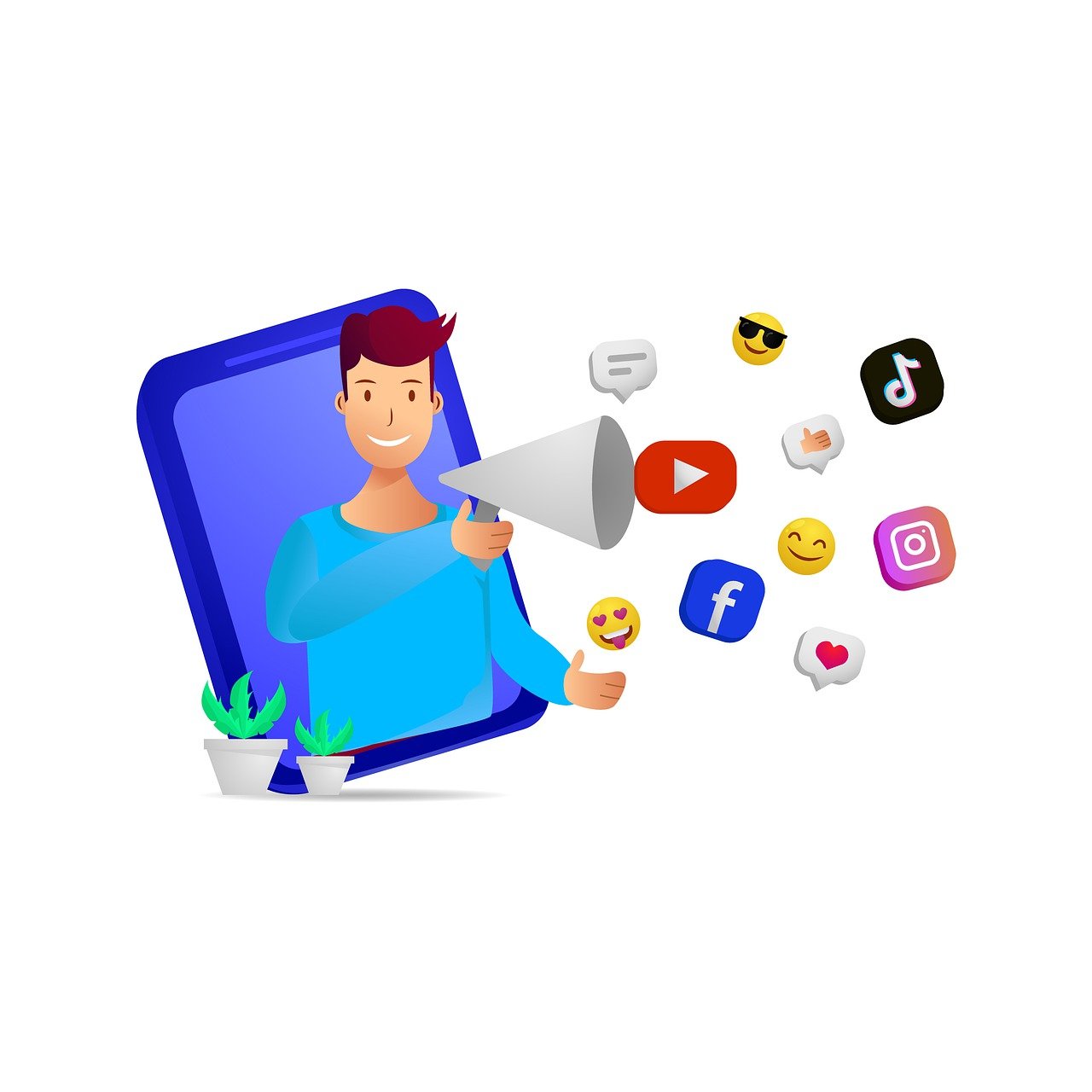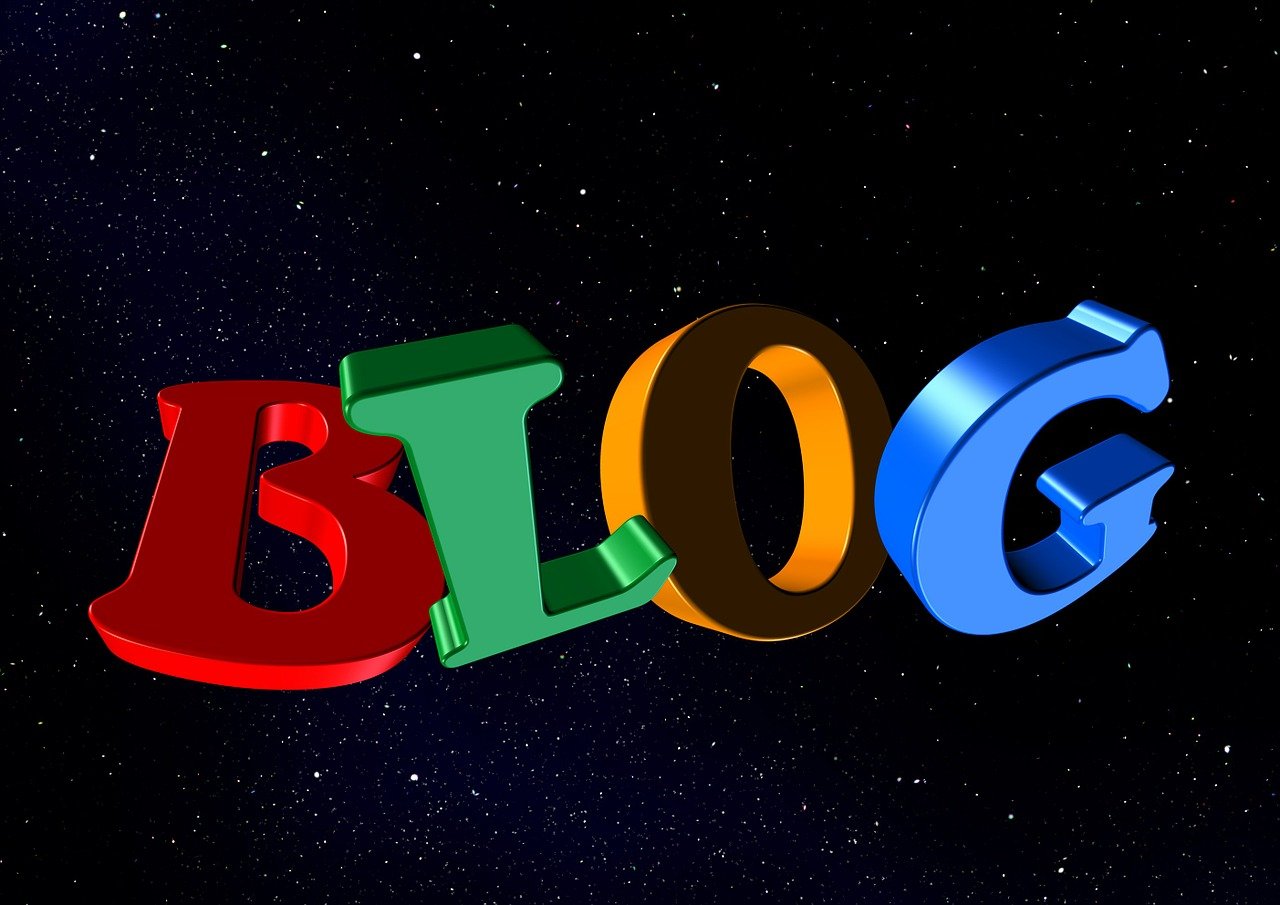
Mental Health: Finding Balance in the Digital Age
Introduction
Social networking has revolutionized how we connect, communicate, and share information in today’s fast-paced digital era. Social media platforms like Facebook, Twitter, Instagram, and LinkedIn have become essential to our daily lives. They provide us with remarkable chances to connect with others. While social networking brings numerous benefits, exploring its impact on mental health is crucial. In this article, we delve into the effects of social networking on our well-being, examining both the positive and negative aspects. Understanding the potential pitfalls and implementing strategies to maintain a healthy relationship with social media can protect our mental well-being in this digitally connected world. Positive Effects of Social Networking on Mental Health
Enhanced Social Connections: Bridging Geographical Barriers
Social networking platforms provide a unique opportunity to connect with friends, family, and like-minded individuals from across the globe. They break down geographical barriers, fostering a sense of belonging and reducing feelings of isolation. Online communities and group discussions can provide emotional support, boosting overall well-being.
Increased Awareness and Education: Access to Information
Social networking enables easy access to a vast pool of information, allowing individuals to expand their knowledge on various topics. Engaging with informative content and meaningful discussions can stimulate intellectual growth, promoting mental agility and curiosity.
Promotion of Positive Self-Expression: Creative Outlet
Social media platforms offer a creative outlet for self-expression. Users can share their thoughts, ideas, and achievements, boosting self-confidence and self-esteem. Platforms like Instagram and Pinterest allow individuals to showcase their artistic abilities, fostering a sense of accomplishment.
Opportunities for Emotional Support: Building Community
During challenging times, social networking platforms can serve as valuable support networks. They provide spaces for individuals to share their experiences, seek advice, and receive emotional support from peers who may have gone through similar situations. This sense of community can help alleviate stress and anxiety. Adverse Effects of Social Networking on Mental Health
Comparison and Envy: The Perfection Paradox
Social media often presents a distorted reality, with users showcasing their best moments and achievements. This curated version of life can lead to feelings of inadequacy as individuals compare themselves to others. The constant exposure to seemingly perfect lives can fuel envy and lower self-esteem.
Cyberbullying and Online Harassment: Anonymity Breeds Negativity
The anonymity provided by social networking platforms can sometimes lead to damaging behaviors. Cyberbullying and online harassment can severely affect mental health, causing stress, anxiety, and depression. It’s crucial for platforms to implement strict policies and provide robust reporting mechanisms to address these issues effectively.
Addiction and Excessive Internet Use: The Digital Abyss
The constant availability of social networking platforms can lead to addiction and excessive internet use. Excessive screen time can disrupt sleep patterns, impact productivity, and hinder real-life social interactions. It’s essential to strike a balance and set healthy boundaries to maintain overall well-being.
Fear of Missing Out (FOMO): The Never-Ending Stream
The endless stream of updates and activities on social media can trigger a fear of missing out on important events or experiences. This fear can generate anxiety and restlessness, as individuals constantly need to stay updated. Practicing digital detoxes and prioritizing real-life experiences can help alleviate this pressure. Strategies for Maintaining a Healthy Relationship with Social Networking
Limit Screen Time: Find Your Digital Rhythm
Set aside specific time slots for social networking activities, ensuring they don’t infringe upon essential aspects of life, such as work, relationships, or personal hobbies. Screen time limits can help establish a healthy balance.
Curate Your Social Circle: Surround Yourself with Positivity
Surround yourself with individuals who uplift and inspire you. Review and declutter your social networking connections regularly, ensuring your feed has positive and supportive content.
Practice Mindful Usage: Connect with Intention
Be mindful of your emotional state while using social networking platforms. If you notice negative feelings arising, take a step back and evaluate your online activities. Taking care of yourself by engaging in activities like meditation, exercise, or pursuing creative hobbies is essential.
Set Privacy Settings: Control Your Digital Space
Familiarize yourself with the privacy settings on your social networking accounts. Adjust them according to your preferences, ensuring you control what you share and who can access your information. In conclusion, social networking has positive and negative mental health implications. Individuals can cultivate a healthy relationship with social media by leveraging the benefits and implementing strategies to mitigate potential drawbacks. It’s essential to be mindful of our online behaviours, prioritize real-life connections, and take steps to protect our mental well-being in this digitally connected world. Remember, your mental health matters! Stay connected and make time to disconnect and nourish your offline relationships and personal growth.


